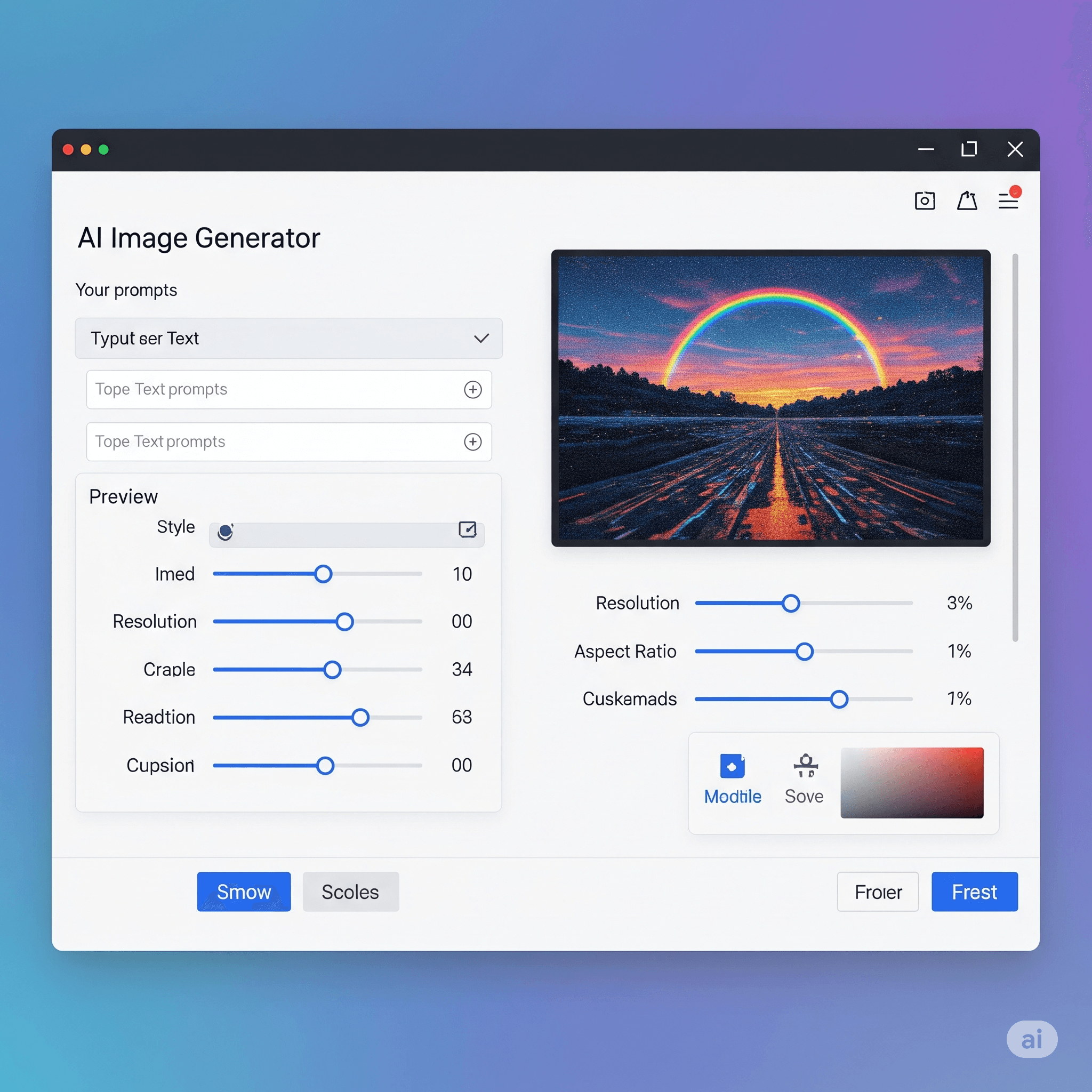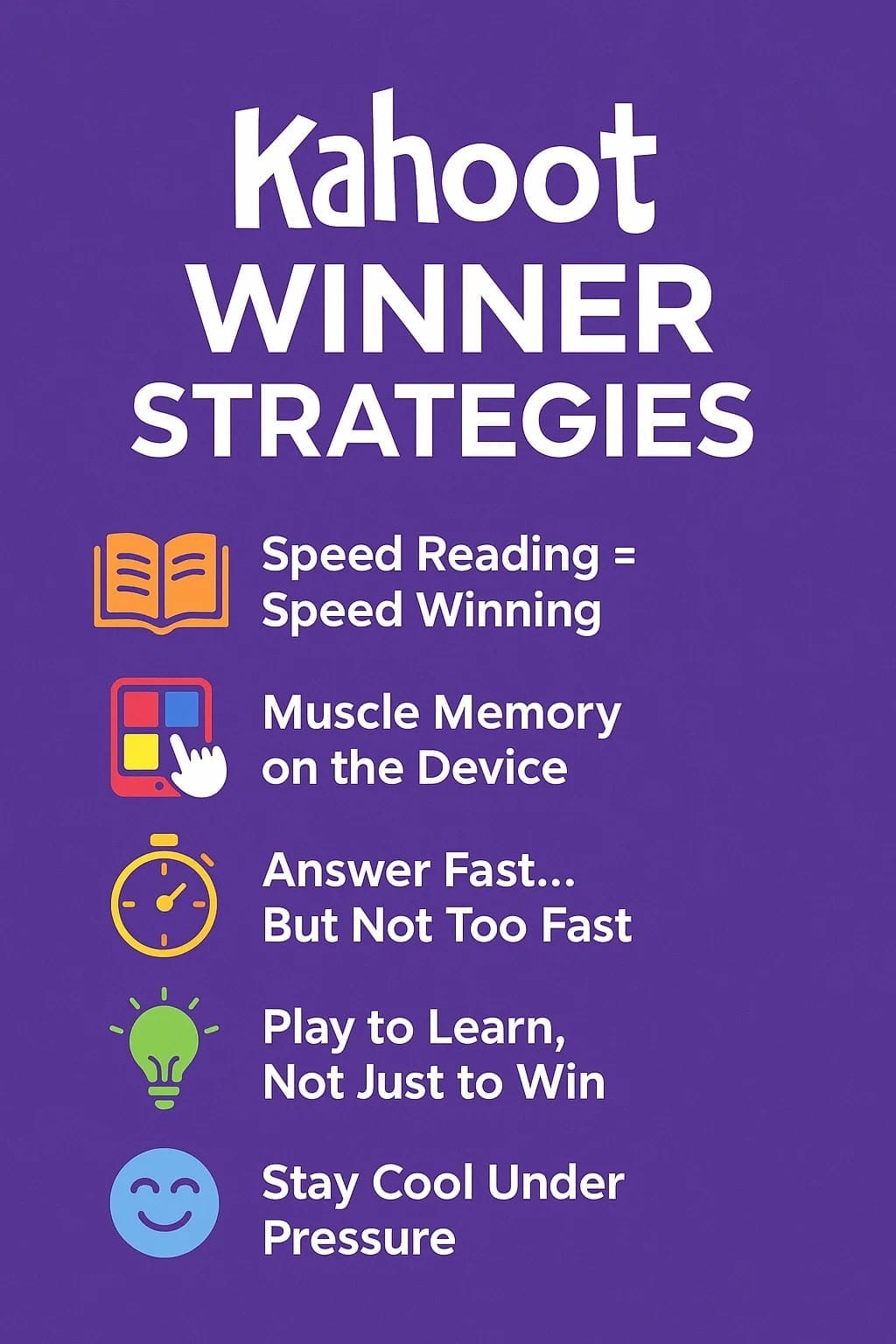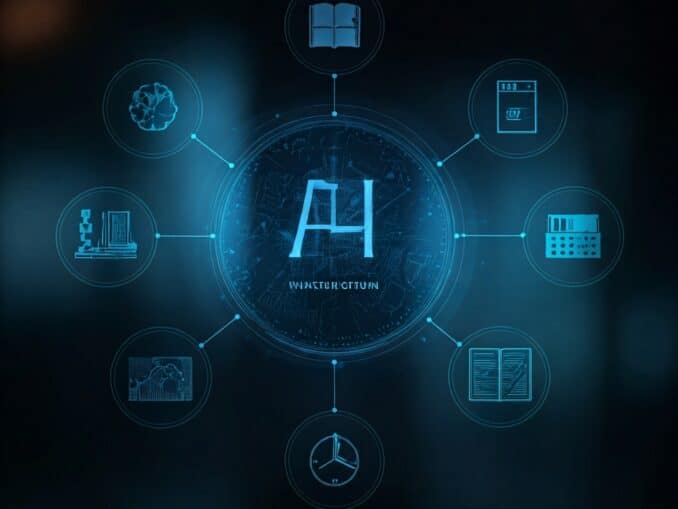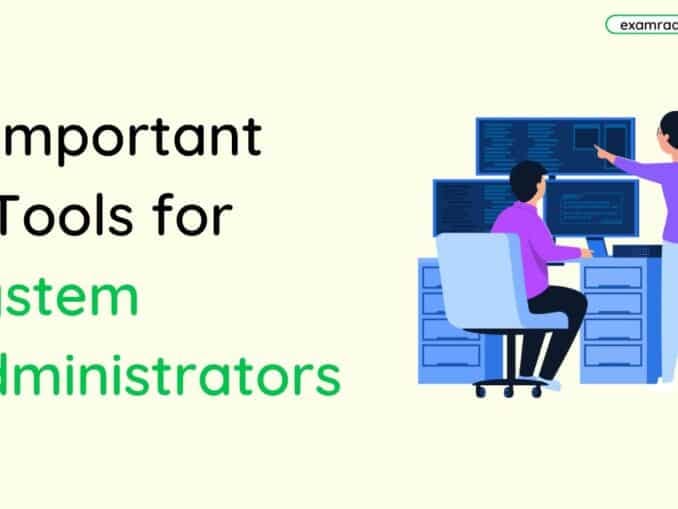Question: What is Web Server? what are the names of different web server?
Answer:
A web server is a software application or program that serves web content to clients over the internet. It responds to client requests for web pages or other resources, retrieves the requested content, and sends it back to the client's web browser for display. Web servers use the HTTP (Hypertext Transfer Protocol) to communicate with clients.
Here is a list of different web server software:
1. Apache HTTP Server (Apache)
2. Nginx
3. Microsoft Internet Information Services (IIS)
4. LiteSpeed Web Server
5. Google Web Server (GWS)
6. Caddy
7. lighttpd
8. Cherokee
9. Abyss Web Server
10. Hiawatha
11. Node.js (with appropriate modules)
12. IBM HTTP Server (IHS)
13. Oracle HTTP Server
14. Sun Java System Web Server (Sun ONE/iPlanet)
15. Gunicorn
16. Tornado Server
There are several web server software options available, each with its own features and capabilities. Some of the commonly used web servers include:
1. Apache HTTP Server (Apache): Apache is one of the most widely used web servers. It is open-source and highly extensible, supporting various modules and configurations.
2. Nginx: Nginx is a lightweight, high-performance web server and reverse proxy server. It is known for its efficiency in handling concurrent connections and serving static content.
3. Microsoft Internet Information Services (IIS): IIS is a web server developed by Microsoft for Windows servers. It provides robust features and integration with other Microsoft technologies.
4. LiteSpeed Web Server: LiteSpeed is a high-performance web server that focuses on delivering faster processing speeds and scalability. It offers features like caching, SSL acceleration, and HTTP/2 support.
5. Gunicorn: Gunicorn (Green Unicorn) is a Python web server that is commonly used to deploy Python web applications, particularly those built on the Django or Flask frameworks.
6. Tomcat: Apache Tomcat is an open-source Java servlet container that functions as a web server for Java-based applications. It is often used for deploying Java web applications, such as those built with JavaServer Pages (JSP) or Java Servlets.
These are just a few examples of web server software available, and the choice of web server often depends on specific requirements, performance needs, and compatibility with the technology stack being used.
MCQ: Which of the following software is not a web server?
Explanation:
A web server is a software application or program that serves web content to clients over the internet. It responds to client requests for web pages or other resources, retrieves the requested content, and sends it back to the client's web browser for display. Web servers use the HTTP (Hypertext Transfer Protocol) to communicate with clients.
Here is a list of different web server software:
1. Apache HTTP Server (Apache)
2. Nginx
3. Microsoft Internet Information Services (IIS)
4. LiteSpeed Web Server
5. Google Web Server (GWS)
6. Caddy
7. lighttpd
8. Cherokee
9. Abyss Web Server
10. Hiawatha
11. Node.js (with appropriate modules)
12. IBM HTTP Server (IHS)
13. Oracle HTTP Server
14. Sun Java System Web Server (Sun ONE/iPlanet)
15. Gunicorn
16. Tornado Server
There are several web server software options available, each with its own features and capabilities. Some of the commonly used web servers include:
1. Apache HTTP Server (Apache): Apache is one of the most widely used web servers. It is open-source and highly extensible, supporting various modules and configurations.
2. Nginx: Nginx is a lightweight, high-performance web server and reverse proxy server. It is known for its efficiency in handling concurrent connections and serving static content.
3. Microsoft Internet Information Services (IIS): IIS is a web server developed by Microsoft for Windows servers. It provides robust features and integration with other Microsoft technologies.
4. LiteSpeed Web Server: LiteSpeed is a high-performance web server that focuses on delivering faster processing speeds and scalability. It offers features like caching, SSL acceleration, and HTTP/2 support.
5. Gunicorn: Gunicorn (Green Unicorn) is a Python web server that is commonly used to deploy Python web applications, particularly those built on the Django or Flask frameworks.
6. Tomcat: Apache Tomcat is an open-source Java servlet container that functions as a web server for Java-based applications. It is often used for deploying Java web applications, such as those built with JavaServer Pages (JSP) or Java Servlets.
These are just a few examples of web server software available, and the choice of web server often depends on specific requirements, performance needs, and compatibility with the technology stack being used.
Discuss a Question
Related Questions
- 1. In HTML, colour code #FF7F3F represents a color in which intensity levels of primary colors are
- 2. What is cookie in Internet communication? what are The main purposes of cookies?
- 3. What is WinZip?
- 4. What is G2C?
- 5. Match the following terms: <img src="http://examradar.com/wp-content/uploads/2017/02/web-internet-fundamental-mcq-6.png" alt="web-internet-fundamental-mcq-6" width="811" height="227" class="alignnone size-full wp-image-5280" />
- 6. What is cross-compiler ?
- 7. Basic XML can be described as:
- 8. WiFi is a short name for ___________
- 9. Responsibility of implementation of IT/ITeS Policy lies with
- 10. In India Subject to a ceiling of Rs. 25 crores, Capital Subsidy for Horizontal IT/ITeS Parks shall be
You may be interested in:
WEB Internet Fundamental Online Tests






